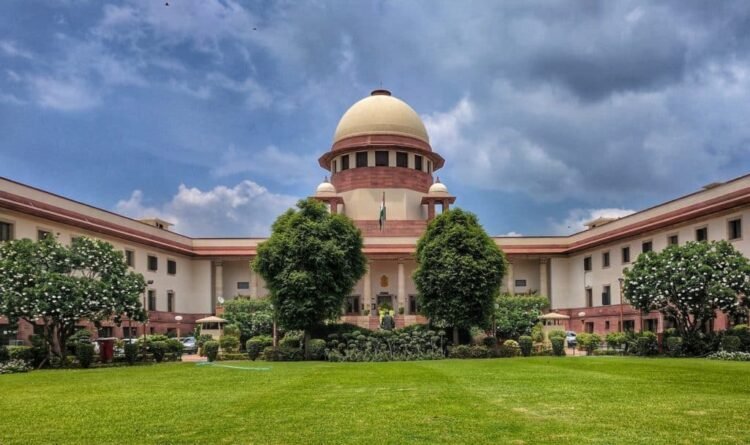The order noted that the state associations received a share of the media rights as well as ticket revenue from organising matches.
NEW DELHI: Ruling against tax exemption for private trusts, organisations or associations set up for charity but imposing high charges, the Supreme Court on Wednesday put the agencies through a test to determine their eligibility or otherwise. For instance, it observed that housing or industrial development agencies may resemble trade, commercial, or business activities but they should be exempted as their objects are essential for advancement of public purposes.
Similarly, revenue earned by statutory agencies such as ICAI, providing regulatory and professional service to chartered accountants, are not seen as commercial receipts. Trade bodies such as Apparel Export Promotion Council (AEPC) may be exempted, but revenue earned from additional services such as skill development or consulting would be considered as business.
In case of sports bodies, such as state cricket associations, the bench of Chief Justice UU Lalit and Justices S Ravindra Bhat and PS Narashimha called for further scrutiny and observed that the high court and the I-T Tribunal erred in accepting the contention that the amount received from the Board of Control for Cricket in India (BCCI) was in the nature of infrastructure subsidy.
The order noted that the state associations received a share of the media rights as well as ticket revenue from organising matches.
“…a direction is issued that the AO (assessing officer) shall adjudicate the matter afresh after issuing notice to the assessees concerned and examining the relevant material indicated in the previous paragraphs of this judgment. Furthermore, if any consequential order needs to be issued, the same shall be done and resulting actions, including assessment orders shall be passed in accordance with the law under relevant provisions of the IT Act,” it said.
It also asked the tax department to undertake regular checks. “The assessing authorities must, on a yearly basis, scrutinise the records to discern whether the nature of the assessee’s activities amount to ‘trade, commerce or business’ based on its receipts and income (that is, whether the amounts charged are on cost-basis, or significantly higher),” it said.






















